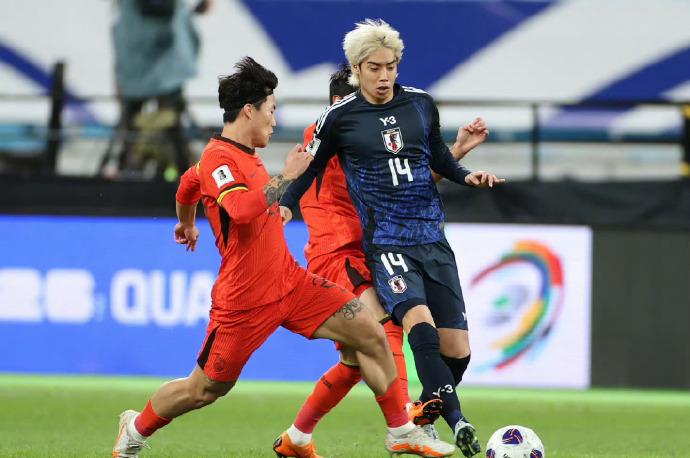Japan Secures 3-1 Victory Over China in World Cup Qualifier Despite Historic Chinese Goal
In a dramatic World Cup qualifying match, China scored their first goal against Japan in World Cup qualifiers in 44 years through Lin Liangming, but ultimately fell 3-1 as Japan’s aerial prowess proved decisive with headers from Koji Miyoshi and Ayase Ueda.

In a highly anticipated 2026 FIFA World Cup qualifier at the Xiamen Egret Stadium, China faced off against Asian powerhouse Japan in what proved to be a compelling encounter despite the final scoreline. The match highlighted both China’s progress and persistent challenges in international football.
The first half saw China display impressive tactical discipline and competitive spirit. The Chinese team, under manager Aleksandar Jankovic, demonstrated improved organization and attacking intent compared to their previous 7-0 defeat to Japan. However, Japan’s aerial supremacy proved decisive, with Koji Miyoshi and Keito Nakamura scoring headers to give the visitors a 2-0 lead.
The defining moment came in the 48th minute when China created history. A well-orchestrated move involving Wei Shihao’s precise pass found Lin Liangming, who calmly slotted home to register China’s first goal against Japan in World Cup qualifiers since 1980. The goal energized the home crowd and demonstrated China’s growing offensive capabilities.
Japan’s experience and tactical acumen showed as they responded quickly. Within minutes, Ito’s cross found Miyoshi for his second header of the night, restoring Japan’s two-goal advantage. Despite the setback, China continued to show admirable resilience and created several promising opportunities through Wei Shihao and Jiang Shenglong.
The match highlighted several key developments in Chinese football. The team’s improved pressing and tactical coherence under Jankovic was evident, particularly in their ability to build attacking moves and maintain defensive shape against a superior opponent. However, their vulnerability in defending set-pieces and aerial duels remains a significant concern, having conceded multiple headed goals in recent matches.
This performance, while ending in defeat, showed marked improvement from China’s previous encounters with Japan. The team maintained their competitive spirit throughout the match and demonstrated they could create meaningful opportunities against one of Asia’s strongest teams. The historic goal against Japan serves as a symbol of progress, albeit with clear reminders of the work still needed to close the gap with Asia’s elite.
The result leaves China in a complex position in their World Cup qualifying group, with crucial matches ahead. While qualification remains challenging, the team’s growing tactical maturity and fighting spirit suggest positive developments in their long-term football evolution.